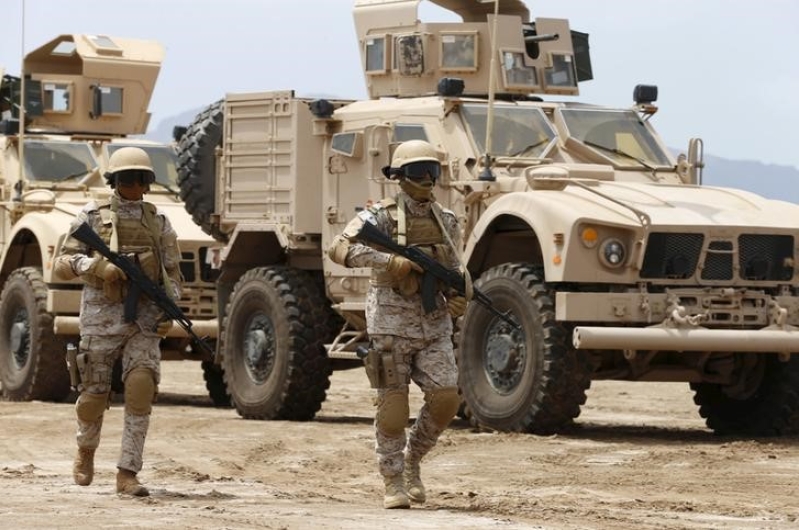
Ground troops and fighter jets from Saudi Arabia are now heading to Turkey's Incirlik military base. This move is a preparation for the group's possible invasion of ISIS' Syrian stronghold. Here are the latest developments about Saudi Arabia's intervention against ISIS in war-torn Syria.
The Turkish foreign minister, Mevlut Cavusoglu, confirmed the deployment of planes and military personnel to Incirlik, in Adana near the Syrian border. However, the foreign minister has not yet confirmed the amount of military force.
Incirlik is a key military base for US-led coalition operations against ISIS. There are planes from France and Britain from the base that are carrying out air raids inside Syria.
On Friday, US defense chief Ashton Carter laid out the plans of Saudi Arabia on how defeat ISIS on the ground. The country is expected to send commandos to recapture Raqqa, ISIL's de facto capital. This military strategy is designed to expel the extremists in Raqqa and Mosul to weaken their force.
Saudi Arabia and Turkey are members of the so-called US-led coalition against ISIS. They are among Bashar al-Assad's foreign opponents who have been helping selected rebel groups on the ground.
According to Independent, Saudi Arabia's plan to send ground troops on Syria will definitely anger President Bashar al-Assad, as well as the governments of Iran and Russia. These countries will see Saudi's intervention as an attempt to spoil the plans of Syrian government against the rebels.
Recently, Russian Prime Minister Dmitry Medvedev declared that the deployment of foreign ground troops in Syria could spark a new world war. "A ground operation draws everyone taking part in it into a war," the prime minister stressed in Handelsblatt newspaper. This alarming threat comes after the collapse of the latest round of peace talks to end the conflict.
Both Russia and the United States have demanded to each other to end the conflict in Syria and focus on how to defeat ISIS. However, both countries have their own agenda that they want to pursue.
As for Russia, it started its intervention at the request of Assad, Vladimir Putin's long-term ally. The UN and the international community heavily criticize Putin for the evidence that he is targeting civilian areas, instead of rebels.
In a published interview today, Adel al-Jubeir, the Saudi foreign minister, said Russia's intervention would not last long and Assad would not stay in power.
"There will be no Bashar al-Assad in the future," he told a German newspaper.







